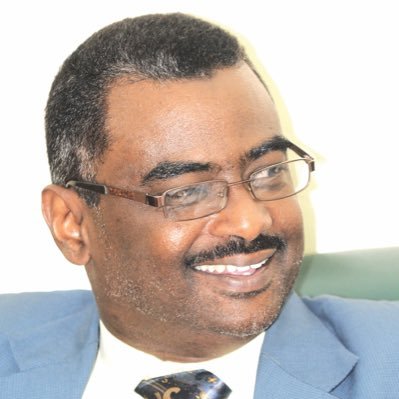Sudan and the Harris-Trump Race

By Dr. Yasser Mahjoub Hussein
The U.S. presidential race is intensifying, with candidates nearly holding their breath as the final days before the election decision loom. In Sudan, however, people are perhaps more focused on how each candidate would approach Sudanese issues if elected, despite the consensus that U.S. foreign policy strategies remain fairly consistent regardless of the elected president’s party.
The approach may depend on various factors related to foreign policy and each candidate’s strategic priorities. Democrats, led by Kamala Harris, traditionally emphasize human rights and democracy. They may view Sudan as undergoing a democratic transition worth supporting and pressuring the Sudanese government to make progress on human rights issues. Conversely, Republicans under Donald Trump might adopt a more pragmatic approach, focusing on security interests in the Red Sea and East Africa region, which includes limiting Chinese and Russian influence—a stance that could lead to greater support for stability in Sudan. In either case, developmental and investment issues may receive limited attention or support. Indeed, any resource development efforts that diverge from U.S. interests could be seen as a potential threat to American influence in the medium to long term.
U.S. objectives in Sudan largely center on weakening the country, regardless of its ruling regime, in service of Israel’s security strategy, which aims to neutralize potential threats from countries that could challenge American interests. Trump’s racial biases might also fuel antagonism toward a country like Sudan. This approach would secure control over Sudan’s resources while blocking Russian and Chinese access, leaving those resources available for U.S. interests if needed.
Sudan’s options in response to American demands are limited. They largely revolve around instituting structural political and economic reforms, implementing comprehensive development plans, fostering social peace, strengthening national unity, and reinforcing state institutions, particularly the national army, while preventing the proliferation of armed factions within the country.
Many questions remain unanswered as Sudanese-American relations continue to wrestle with complications rooted in ideological-political clashes since June 1989, when former President Omar al-Bashir came to power. At that time, the regime was marked by its Islamist ideology, leading the U.S. to designate Sudan as a state sponsor of terrorism in 1993. This designation set the stage for severe economic sanctions beginning in 1997, which lasted over two decades and significantly impacted vital sectors, with estimated losses from the sanctions around $41 billion.
Nevertheless, Washington has historically demonstrated opportunistic pragmatism, readily engaging with regimes it labels “terrorist” when convenient. This antagonistic stance peaked with direct military action when, in 1998, President Bill Clinton ordered the bombing of the Al-Shifa pharmaceutical factory in Khartoum with cruise missiles launched from U.S. warships stationed in the Red Sea. Dubbed “Operation Infinite Reach,” Washington accused Sudan of using the factory to produce chemical weapons.


